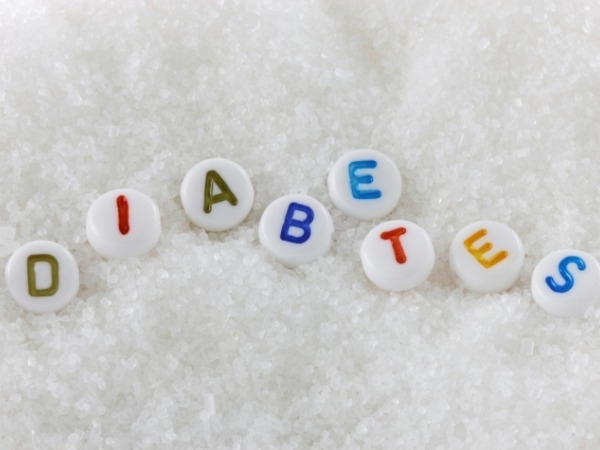| The absence of related protein molecules, Puma and Bin, prompts immune cells to turn against human organs they are meant to protect and cause type 1 diabetes and rheumatoid arthritis…. |
| Daniel Gray and colleagues from the Walter and Eliza Hall Institute’s Molecular Genetics of Cancer division and the University of Ballarat, have discovered that this pair of protein molecules work together to kill so-called ‘self-reactive’ immune cells that are programmed to attack the body’s own organs.
Autoimmune diseases, such as type-1 diabetes, rheumatoid arthritis, inflammatory bowel disease and multiple sclerosis, develop when immune cells launch an attack on the body’s own cells, destroying important body organs or structures. Puma and Bim are so-called ‘BH3-only’ proteins that make cells die by a process called apoptosis or self death. Defects in apoptosis proteins have been linked to many human diseases, including cancer and neurodegenerative disorders, according to an Eliza Hall statement. Gray said one way the body protects itself against autoimmune disease is by forcing most self-reactive immune cells to die during their development. “If any self-reactive cells manage to reach maturity, the body normally has a second safeguard of switching these potentially dangerous cells into an inactive state, preventing them from causing autoimmune disease,” he said. Gray is now collaborating with researchers who have identified human gene defects linked to the development of autoimmune conditions. “We now know that self-reactive cell death is an important protection against autoimmunity,” Gray said. “The next stage of our work is to discover whether defects in the cell death process cooperate with other factors to cause human autoimmune disease.” |













